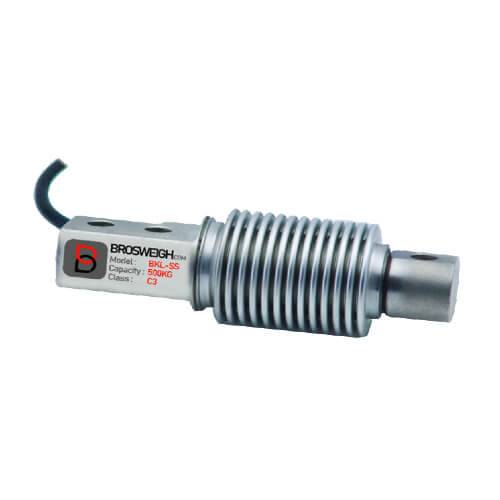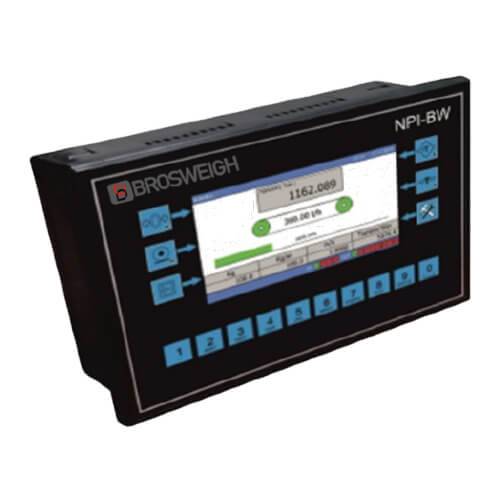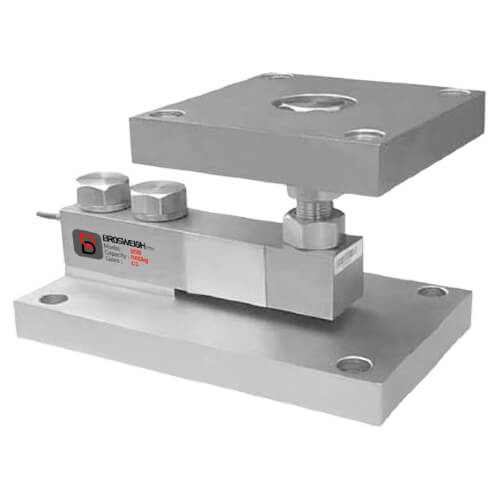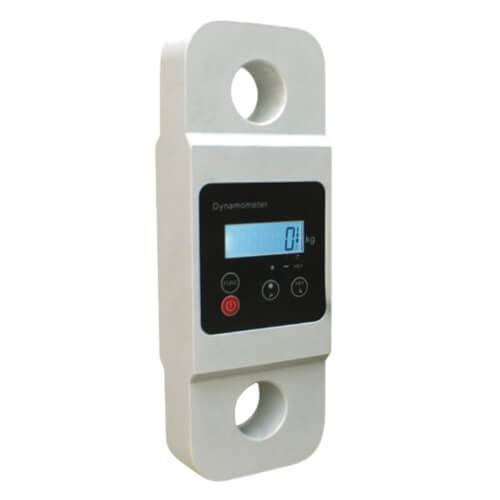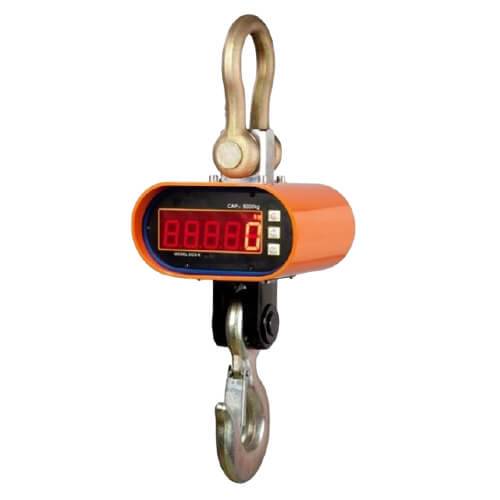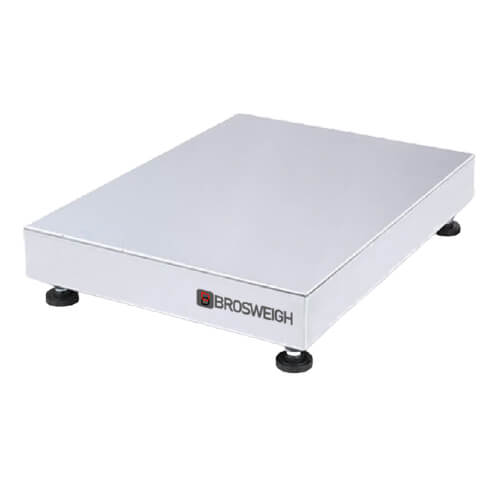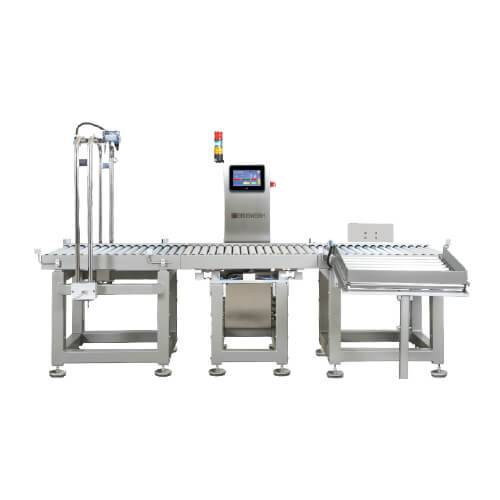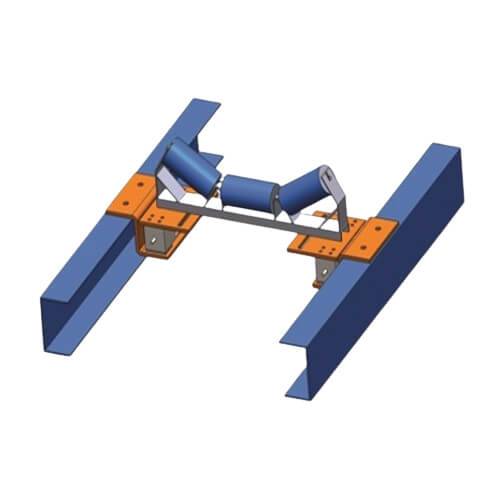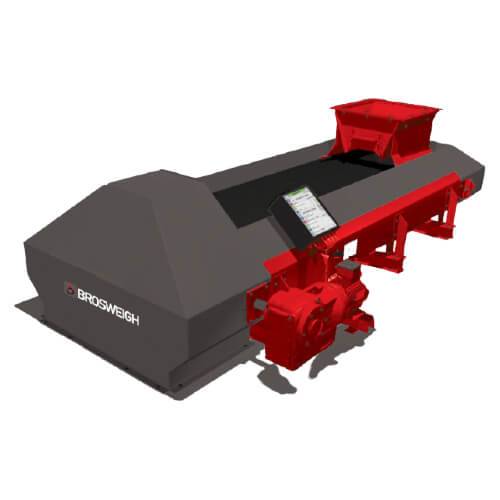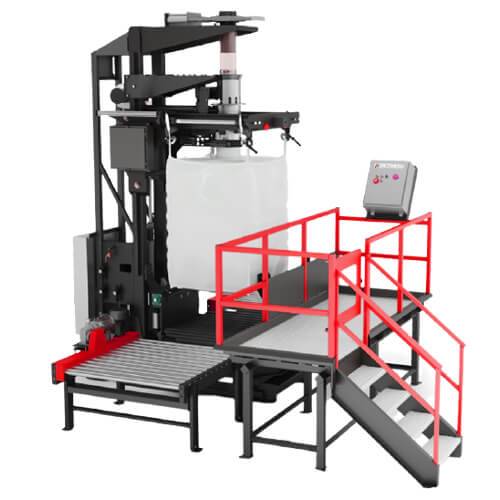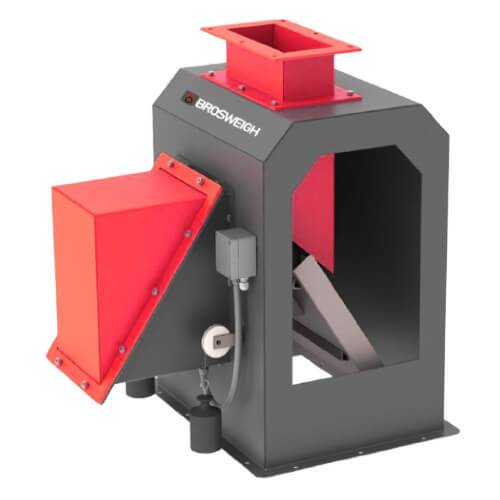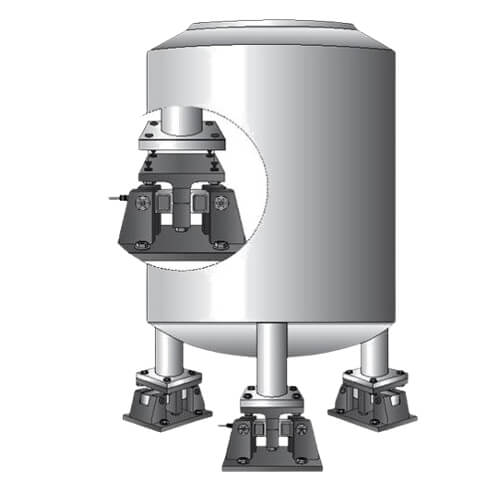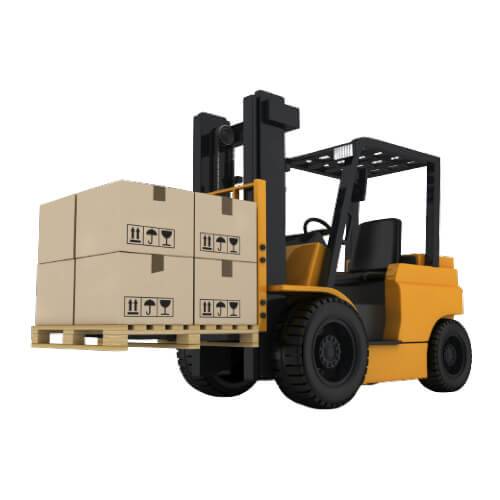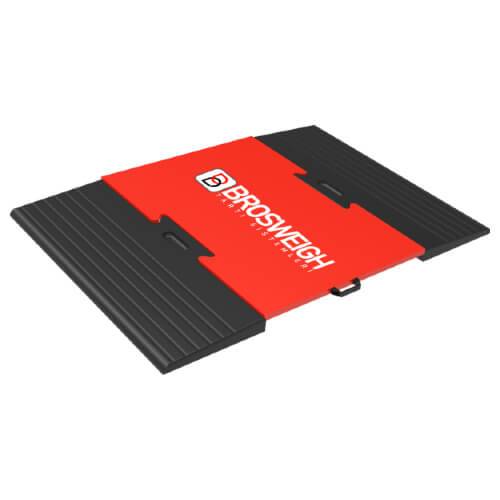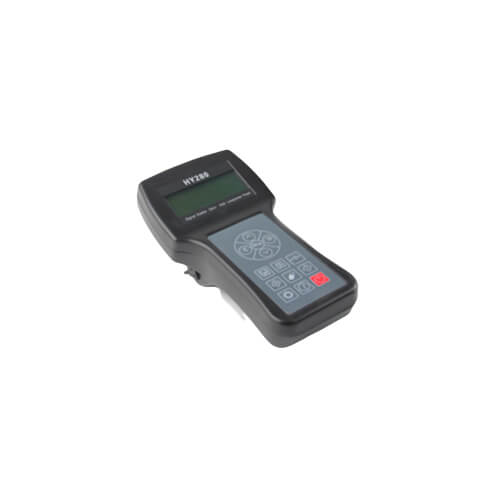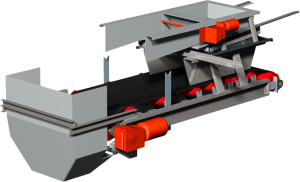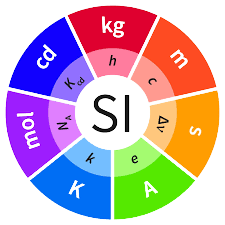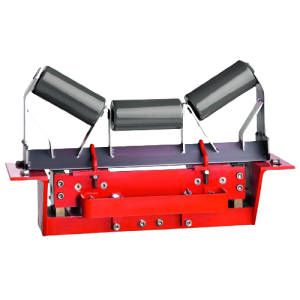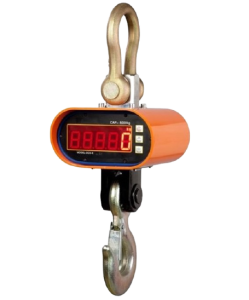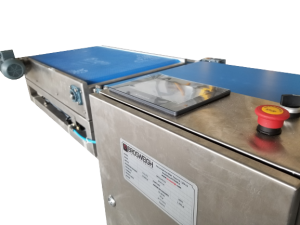Scale History and Modern Scale Technologies
ScaleHistory: The Timeline of Measuring and Weighing
Scales play a critical role in the measuring and weighing processes that are an integral part of our daily lives. They have a long history and have undergone great changes over time. In this article, we will explore the history and evolution of scales.
Scales from Antiquity to Today

The origin of scales dates back to ancient times. The first weighing devices date back to approximately 2000 BC. The weighing methods used in this early period were usually simple balance systems. To measure the weight of an object, it was compared to the weight of other objects. This defines many traditional scales, which are based on balance.
Throughout the Middle Ages, scales continued to evolve. In particular, with the development of trade routes and markets, scales that were more accurate and could be used in trade appeared. In addition, the development of new designs, such as mechanical scales and spring scales, made measuring more precise.
In the 1st century, electronic scales, such as digital scales, also began to be developed. These types of scales are widely used, especially in industries that require precise measurements. With electronic scales, measurement results can be obtained more quickly and precisely.
Modern Scale Technologies: Breakthroughs in the Art of Measurement
Today, scales have highly advanced technology. Thanks to load cell technology, electronic scales are capable of very precise measurements. In addition, data collection and reporting are also automated, which helps businesses to increase their efficiency.
There are different types for different applications such as industrial scales, medical scales, laboratory scales. These systems are designed and used in accordance with specific requirements.
At a time when technology is developing rapidly, measuring and weighing processes are not lagging behind. Scales are among the pioneers of developments in this field. Today, modern technologies are designed and continuously developed in accordance with the needs of businesses, laboratories and industries. In this article, we will examine modern scale technologies and their advantages.
Load Cell Technology: Precision and Reliability
Modern scales are based on load cell technology. A load cell is a sensitive sensor that converts changes that occur when an object is placed on it into electrical signals. This technology makes measurements much more precise. In addition, load cells are durable and long-lasting, which increases the reliability of the scales.
Digital and Electronic Scales: Speed and Automation
Digital and electronic scales accelerate and automate the measuring process. Digital displays replace analog scales, making measurements easier and faster to read. In addition, electronic scales offer the ability to share measurement results with other devices. This makes it easier to record and analyze data.
Internet Connected Scales: Remote Monitoring and Management
Internet-connected scales offer remote monitoring and management. This is particularly advantageous in large warehouse or industrial facilities. For example, a system with multiple scales in a warehouse can be monitored and managed through a centralized control panel. Furthermore, such scales can upload data to cloud-based platforms, enabling remote access and data analysis.
Application Customization: Industry Specific Solutions
Modern scales can be customized to suit the specific needs of different industries. For example, scales with hygienic design requirements for the food industry are designed to meet these requirements. For medical laboratories, scales that can measure with precision are preferred. This ensures that industry-specific solutions are provided and that the needs of businesses are fully met.
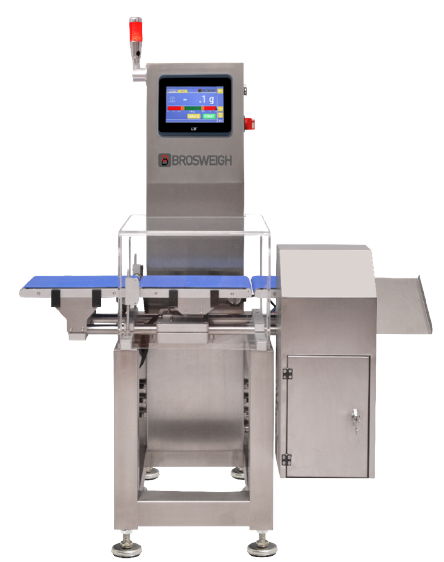
Modern scale technologies make measuring and weighing faster, more accurate and reliable for businesses and laboratories. They offer data management, remote access and customization to meet industry-specific requirements. In today’s technology-driven world, scales bring a new dimension to the art of measurement and give industries a competitive edge.
In conclusion, scales have played an important role in measuring and weighing throughout history and have continuously evolved. From simple balance systems in ancient times to the modern era where electronic and digital scales are commonplace, scale technology has made great progress. Today, scales are an indispensable tool for many industries and applications, making the measuring process more precise and efficient.
You can click on the link to examine our scale models and other products. You can click on the link to examine our foreign resources.

